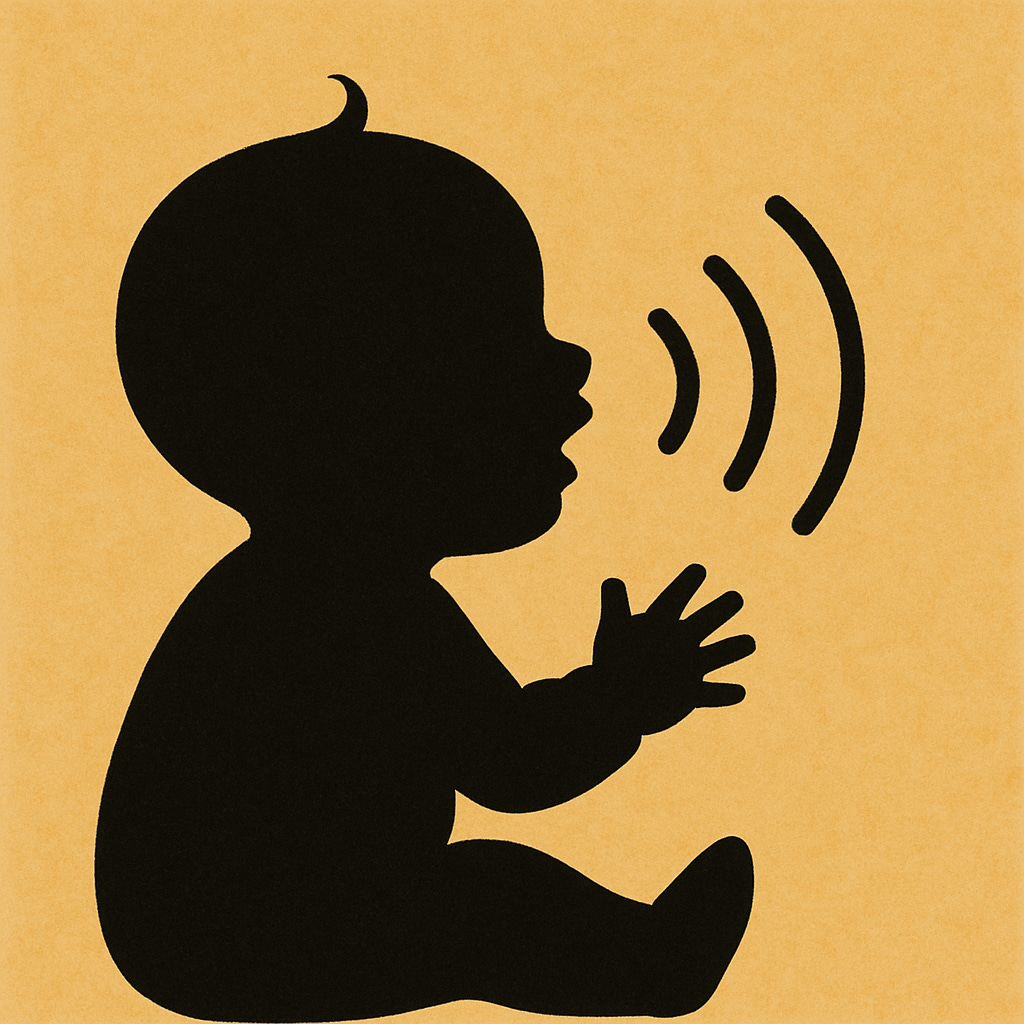What happens when you mimic your baby
Babbling back and forth with a newborn is doing more than just making them smile
One of the most freeing things about having a baby is the DGAF credits it puts in your account. Nothing makes me happier than seeing a parent go full, unabashed clown mode to entertain their toddler in a park. My partner plays a form of peekaboo with our daughter that involves leaping up and down like a grasshopper – a full body performance I’m not sure…
Keep reading with a 7-day free trial
Subscribe to The Good Father to keep reading this post and get 7 days of free access to the full post archives.


